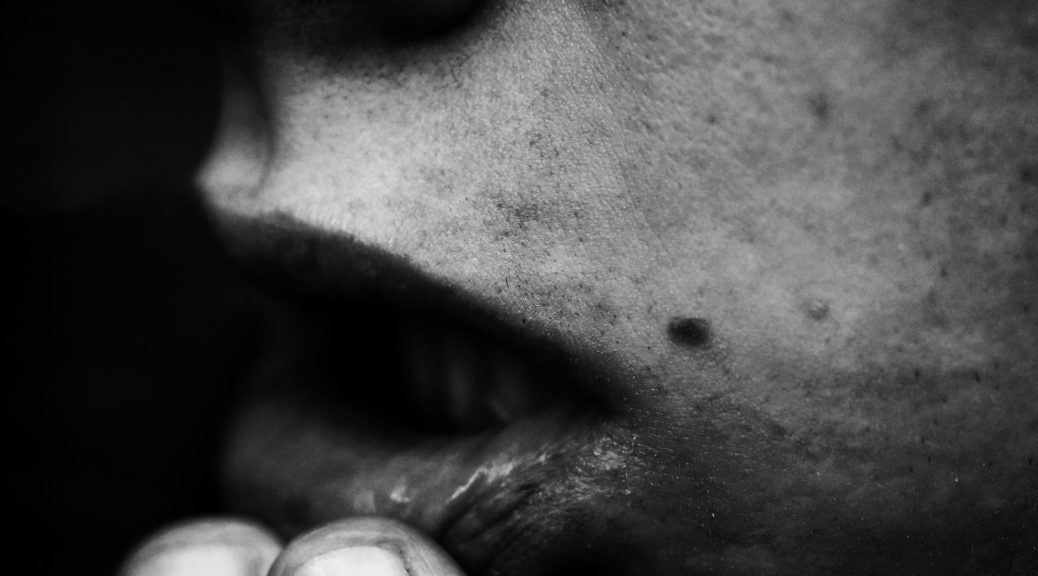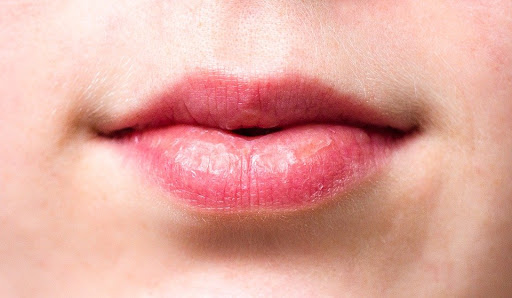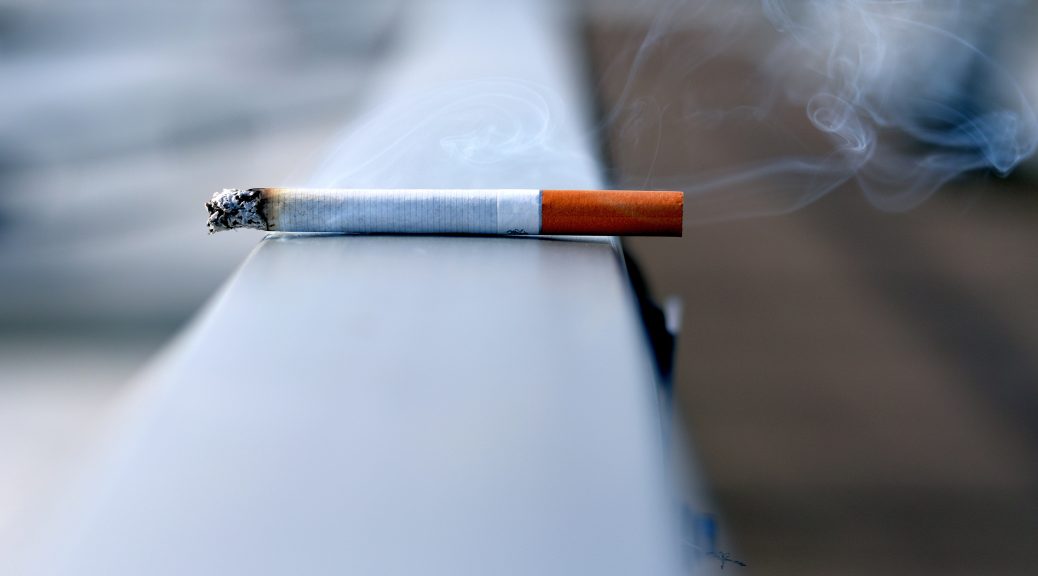Oral cancer is one of the lesser-known types of cancer. Though treatable, oral cancer often goes undetected until it’s too late for patients to seek effective treatment. Regular dental screenings are among the best weapons to keep oral cancer at bay and increase recovery rates. Here’s what you need to know about this disease.
What Is Oral Cancer?
Oral cancer, also known as mouth cancer, is a type of cancer that develops in the mouth and throat. This includes the tongue, cheeks, lips, hard and soft palate, and sinuses. Oral cancer is most common in people over the age of 40, and it occurs in twice as many men as women. Tobacco use, sun exposure, and HPV infections can all increase the risk of developing oral cancer. About 54,000 Americans are diagnosed with oral cancer each year.
How Oral Cancer Is Detected
Oral cancer is often detected during routine dental appointments. You may not examine the inside of your mouth very often, but this is exactly what your dental hygienist and dentist are trained to do. They may spot early signs of this cancer, which include:
- White or red patches in the mouth.
- Lumps in the mouth, lips, and throat.
- Thick patches in the mouth, lips, or throat.
- Changes to the shape of the mouth or jaw.
Some other symptoms of oral cancer that you may notice include:
- Sore spots in the mouth, throat, or lips.
- Trouble speaking, swallowing, or chewing.
- Numbness in the mouth or on the tongue.
- Ear pain.
- A persistent sore throat.
- The feeling that something is caught in your throat that you can’t clear.
If your dentist suspects oral cancer, they will take a small tissue sample for biopsy using either a needle or a small cutting tool. Analysis in a lab will determine whether the cells are cancerous.
Why Oral Cancer Screenings Are Important
Oral cancer is associated with over 11,230 deaths each year. Oral cancer has a survival rate of just 68% compared to 91% for breast cancer, 94% for melanoma of the skin, and 99% for prostate cancer. This isn’t because oral cancer is hard to treat, but because it’s usually caught so late. Early detection is the best way to increase the chance of recovery from oral cancer. Surgery and radiation therapy can be very effective when oral cancer is detected in the early stages.
When to See a Dentist
You should schedule a routine appointment with your dentist at least once a year. If you’re at a higher risk for oral cancer or have other dental problems, you may want to increase your visits to once every six months. Having these frequent screenings will increase the likelihood that you will be able to catch any developing cancers early. If you notice any of the above symptoms of oral cancer, make an appointment with your dentist immediately.
If you’re due for an oral cancer screening, make your appointment with Carolina Family Dentistry now. We’ve proudly served the Charleston area since 1961. Our team looks forward to meeting you.











